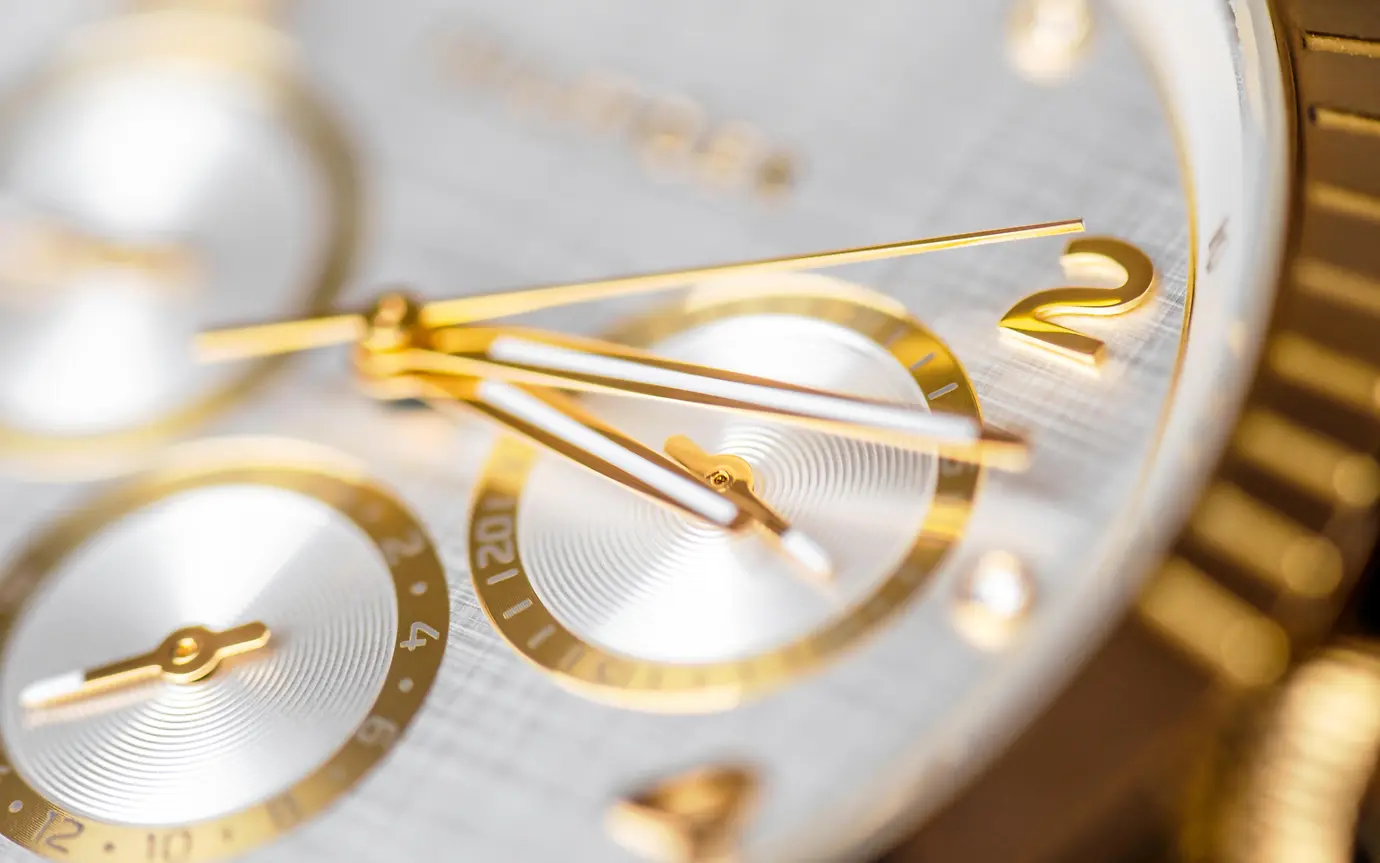
A growing trend has emerged in recent years, as an increasing number of investors explore opportunities that reflect their personal interests, passions or even existing familial collections. This approach, known as passion investing, places emotional value and personal satisfaction at the core, allowing investors to align part of their wealth allocation with their interests, identity and lifestyle.
Unlike traditional investing, where risk appetite, performance and returns drive decision-making, passion investing – in art, fine antiques or classic cars for example – is as much about emotional satisfaction as financial appeal. While no returns are ever guaranteed, alongside a well-constructed portfolio, passion investments can offer a different a type of fulfilment for the connoisseur. Whether it’s the story behind a vintage watch or the quiet satisfaction of a carefully cellared bottle of wine, passion investing taps into something deeply personal: a connection to craftsmanship, culture and individual identity.
In this article, we dissect some of the most popular passion investment types:
Luxury timepieces have seen a remarkable boom since 2020, with limited production runs, enduring brand heritage and global appetite fuelling soaring demand. Deloitte's 2024 report on the Swiss watch industry highlights how the expansion of digital marketplaces and shifting consumer preferences and market dynamics are shaping the burgeoning pre-owned watch market. Brands like Omega and Rolex have seen large gains in prices over the last five years of 17.5% and 20.6% respectively, while Patek Philippe has increased by 62.2%, with factors like scarcity and design influencing long-term market value and emotional appeal.1 While the primary purpose of buying a pre-owned watch remains personal use, 20% of potential buyers cited long-term investment as the reason for purchase in 2024.
Timing the market, however, is important, as is understanding resale dynamics and liquidity in luxury watch investing. Timing the market, however, is important, as is understanding resale dynamics and liquidity in luxury watch investing. For example, despite growing interest, perceived investment potential has dropped from 26% in 2021 to 22% in 2024.2 For many collectors, the enduring appeal remains a blend of personal style, heritage and personal expression, with investment value seen as a possible bonus, rather than a guarantee.

It’s important to note the potential risks associated with investing in art. Like other luxury, tangible assets, there’s the need for thorough due diligence to determine provenance and authenticity. Illiquidity and a long-term strategy are also key considerations, as returns can take many years to materialise and access to a quick sale are limited by the item’s niche appeal, which lends it to a smaller secondary market.
For most collectors, the power of art lies first and foremost in its tangibility and aesthetic value, with the joy of collecting a key motivator beyond appreciation potential.

Fine wine has steadily increased in popularity as a luxury asset over the last couple of decades. Although the market is currently experiencing a 9% year-on-year correction following pandemic highs, it remains an attractive investment for collectors, typically demonstrating low volatility and resilience against inflation.4 Since 2000, the market has been transformed by digital tools like the Liv-ex 1000 index – the wine industry’s equivalent of the London Stock Exchange. This global platform has democratised the market for buyers and sellers, providing insights into market trends, value and performance.
As with both art and watches, investors should adopt a long-term view, with wine investment typically taking between 5-10 years to achieve any significant appreciation. Valuation can fluctuate and for those with physical collections, ensuring that the wine is correctly stored brings unique challenges and risks.
Passion investing is not new, but its growing visibility reflects broader behavioural shifts and evolving attitudes towards the meaning of value. Amid fluctuating markets and less predictable returns, tangible assets offer something different: a sense of connection, personal meaning and cultural capital that extends beyond financial performance alone.
Technological advancements have further enabled this trend. Digital platforms, authentication tools and open-access databases have made it easier for individuals to explore markets that were once reserved for the few. Fractional ownership, secondary marketplaces and valuation indices have also introduced greater transparency and accessibility. Yet while this democratisation widens participation, it also raises questions about how scarcity, exclusivity and emotional resonance – core components of these assets’ appeal – will evolve in a more commoditised landscape.
As with any investment, it’s important to consider suitability and understand the unique risks that passion assets present. Art, fine wine and luxury watches often require specialist knowledge, careful due diligence and a long-term view. They are typically illiquid, difficult to value or authenticate and should not be seen as a substitute for a professionally managed, diversified portfolio.
However, passion investing invites a broader conversation about how we define value in uncertain times. For some, it’s no longer just about returns – but about meaning, legacy and the quiet fulfilment of owning something you truly love.
[3] https://imgpublic.artprice.com/pdf/the-art-market-in-2024.pdf
LGT Wealth Management UK LLP is authorised and regulated by the Financial Conduct Authority Registered in England and Wales: OC329392. Registered office: 14 Cornhill, London, EC3V 3NR. LGT Wealth Management Limited is authorised and regulated by the Financial Conduct Authority. Registered in Scotland number SC317950 at Capital Square, 58 Morrison Street, Edinburgh, EH3 8BP. LGT Wealth Management Jersey Limited is incorporated in Jersey and is regulated by the Jersey Financial Services Commission in the conduct of Investment Business and Funds Service Business: 102243. Registered office: Sir Walter Raleigh House, 48-50 Esplanade, St Helier, Jersey JE2 3QB. LGT Wealth Management (CI) Limited is registered in Jersey and is regulated by the Jersey Financial Services Commission: 5769. Registered Office: at Sir Walter Raleigh House, 48 – 50 Esplanade, St Helier, Jersey JE2 3QB. LGT Wealth Management US Limited is authorised and regulated by the Financial Conduct Authority and is a Registered Investment Adviser with the US Securities & Exchange Commission (“SEC”). Registered in England and Wales: 06455240. Registered Office: 14 Cornhill, London, EC3V 3NR.
This communication is provided for information purposes only. The information presented is not intended and should not be construed as an offer, solicitation, recommendation or advice to buy and/or sell any specific investments or participate in any investment (or other) strategy and should not be construed as such. The views expressed in this publication do not necessarily reflect the views of LGT Wealth Management US Limited as a whole or any part thereof. Although the information is based on data which LGT Wealth Management US Limited considers reliable, no representation or warranty (express or otherwise) is given as to the accuracy or completeness of the information contained in this Publication, and LGT Wealth Management US Limited and its employees accept no liability for the consequences of acting upon the information contained herein. Information about potential tax benefits is based on our understanding of current tax law and practice and may be subject to change. The tax treatment depends on the individual circumstances of each individual and may be subject to change in the future.
All investments involve risk and may lose value. Your capital is always at risk. Any investor should be aware that past performance is not an indication of future performance, and that the value of investments and the income derived from them may fluctuate, and they may not receive back the amount they originally invested.